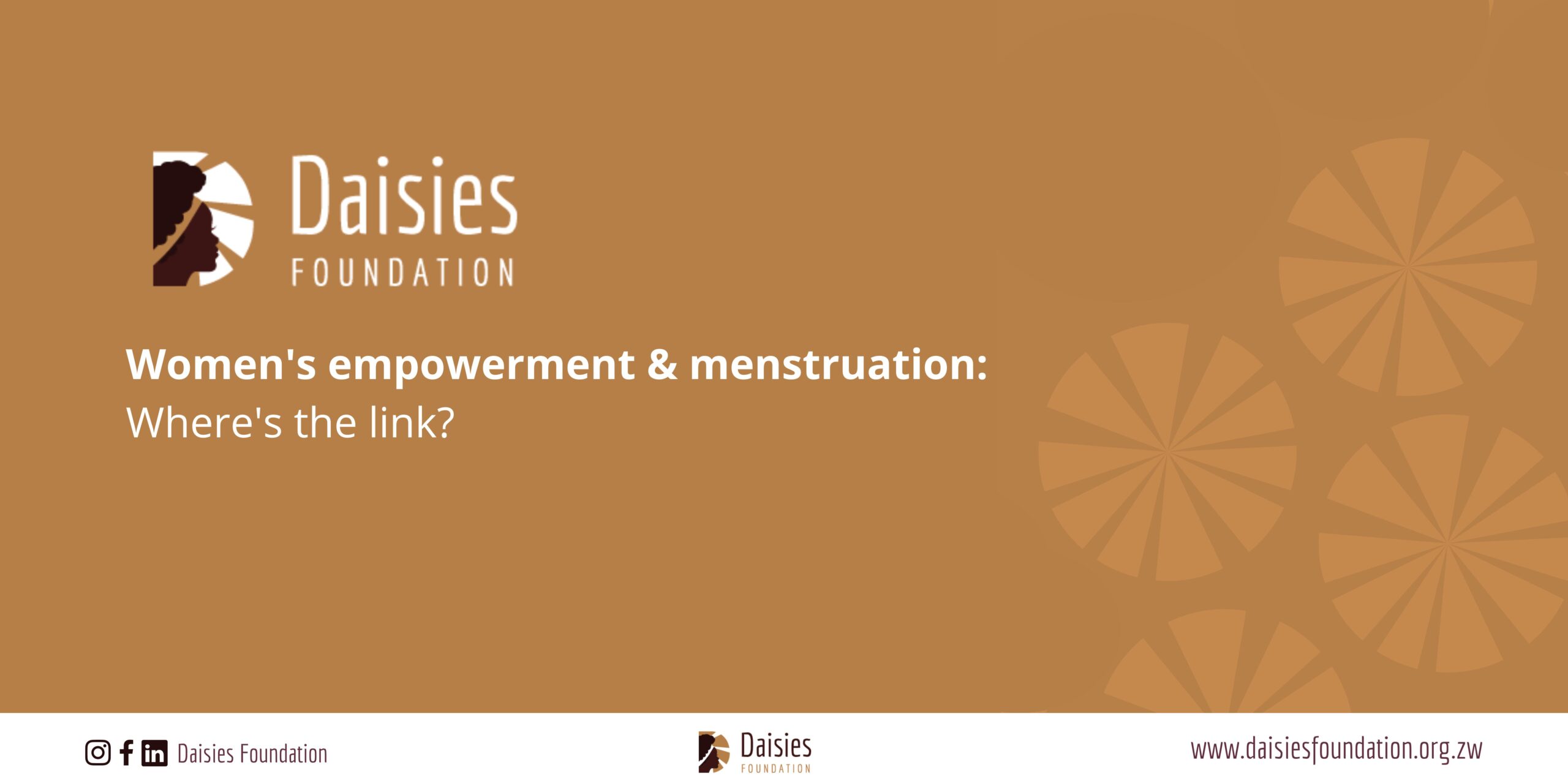Written by Zahra Williams
For many girls, the start of menstruation marks the beginning of a critical stage of development. My first period was my 12th birthday present and I was privileged enough to have my mum stock my shelves with panty liners and pads, which she taught me how to use well before my first period. This combined with my school’s weekly health lessons made me feel as though I was fully prepared for my period. But outside of that single-sex health class, I found that the world perceived my period as unclean, problematic, and disgusting. I stopped feeling like my period was special and began to resent it due to the stigma which surrounded it. I stopped feeling empowered.
Part of the reason why I felt empowered was that I had access to menstrual products. I knew that I would never have to miss school because there were facilities to manage my menstruation. Not many people have this privilege, which is why they may not link menstruation with feeling empowered. Thanks to mother nature, menstruation is a recurring, and rather costly event. This makes young girls and women vulnerable to price fluctuations and shop closures. Sustainable and cheaper alternatives, such as reusable pads and menstrual cups, aren’t often part of the conversation when it comes to periods and yet they can be used for a longer period, making them less costly and more dependable to use. Being alleviated from the financial burden associated with menstruation allows women to embrace their periods, which leads to a feeling of empowerment.
Lack of education surrounding women’s health, for both women and men, also leads to little to no facilities which women can utilise during their periods. According to UNICEF, 2.3 billion people globally do not have access to sanitation services, this statistic includes young girls and women who are menstruating. Not having access to toilets, bins, taps, and sinks deters girls from leaving home during their period, which is why adequate facilities are required to manage menstruation safely and hygienically. At times, access to sanitary products is not the problem, rather lacking disposal methods is. Access to adequate sanitation services, with proper disposal facilities, and sustainable menstrual products are key to ensure safe and healthy menstruation. It is also key in ensuring that menstruation isn’t depicted as unclean, hence providing sanitary facilities helps tackle the stigma surrounding periods. Having experienced a feeling of disgust towards my period, I can say that knowledge of clean practices and disposal has helped me to grow and feel good about my period.
The Daisies Foundation distributes sanitary products and educates communities, to empower and encourage women nationwide. Distributing menstrual cups and reusable pads mitigates poverty and tackles environmental problems by introducing affordable and sustainable sanitary products into communities. In June 2022, we also conducted a menstrual health and hygiene workshop for 400 girls and boys at a rural school in Domboshava. While teaching the students about sexual health and hygiene is important, starting the conversation itself has allowed us to start tackling the stigma surrounding menstruation. Improving health and education for women, particularly relating to menstruation is, therefore, crucial in elevating living standards and empowering women.
